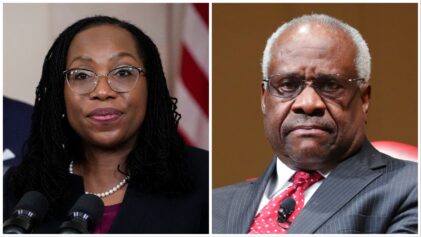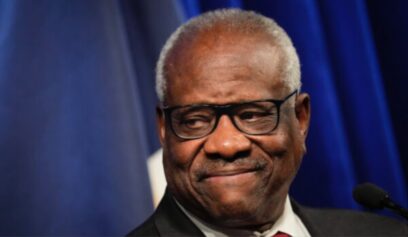In response to the U.S. Supreme Court decision to throw out Section 4 of the Voting Rights Act, the Senate held a hearing yesterday to address the court’s challenge to create a new standard to protect against racially discriminatory voting practices.
Though most congressional observers have serious doubts whether this fiercely partisan Congress could agree on legislation in an area as contentious and politically explosive as voting rights and racial discrimination, the Senate Judiciary Committee initiated the process of exploring what a new standard for discrimination would look like.
Most of the focus on the Voting Rights Act centers on what is known as Section 4, which established the formula that would be used to identify the states and districts—which are largely in the South—that have been guilty of widespread racial discrimination in their voting practices.
The Voting Rights Act required these areas to get preclearance by the federal government to change their practices. This provision was enforced by Section 5 of the law.
But the Roberts Court, in a 5-4 vote in the case Shelby County v. Holder, last month threw out Section 4 for using what it said was an outdated coverage formula. The court left Section 5 intact—which left the door open for Congress to pass a replacement provision.
While Justice Clarence Thomas argued in the Shelby case that the court should declare all federal supervision unconstitutional, rather than “needlessly prolonging” its “demise,” Justice Ruth Bader Ginsburg wrote a brutal dissent that included the memorable line, “Throwing out preclearance when it has worked and is continuing to work to stop discriminatory changes is like throwing away your umbrella in a rainstorm because you are not getting wet.”
At yesterday’s Senate hearing, the expected partisan divisions were apparent. Democrats attacked the Supreme Court for undermining the country’s most effective protection against voting discrimination, while Republicans said the provisions and practices in the Act were outdated and gutting Section 4 didn’t reduce the effectiveness of the Voting Rights Act.
Rep. John Lewis (D-Ga.), who was called a “hero” yesterday by Sen. Patrick Leahy, chairman of the Judiciary Committee, for his courageous acts in the 1960s as chairman of the Student Nonviolent Coordinating Committee, testified Wednesday that the protections of the Voting Rights Act were “needed now more than ever before.”
“Before the ink was even dry” on the Supreme Court’s decision, he said, “states began to put into force efforts to suppress people’s voting rights.”
Lewis was one of the leaders of the congressional effort to get bipartisan support in the House during the 2006 renewal of the Voting Rights Act. He became emotional yesterday as he recounted his experience on “Bloody Sunday,” during which hundreds of people marching from Selma to Montgomery in 1965 were beaten by Alabama state troopers.
Lewis said Sections 4 and 5 of the act were its “heart and soul.” Seeing the court strike down Section 4 “made me want to cry,” he said.
But Sen. Charles E. Grassley of Iowa, the Judiciary Committee’s ranking Republican, disputed the contention that Section 4 was still needed. Grassley did vote to reauthorize it in 2006, but he said that there had been only 31 complaints in the covered areas since then.
Grassley argued that there was little difference remaining between districts covered under Section 4 and those that were not. He claimed any updated legislation should address issues of discrimination facing the whole country.
“For any new bill to pass, we must respect the constitutional ruling,” he said. “That requires Congress to show greater respect for the limitations of its authority.”
One measure that could help the entire country is expanding same-day voter registration to all states, argued Sen. Amy Klobuchar (D-Minn.), who proposed that change in legislation she introduced in March.
After the hearing, she told the Los Angeles Times that the Supreme Court decision was “an opportunity to step back” and examine all types of issues, including voter ID laws and long lines at polling places that prevent eligible voters from casting ballots.
She said attempts to introduce a new version of Section 4 were likely and that the hearing was “trying to get at what kind of evidence we would need to do that.”
The measure will be taken up today at a hearing in the House of Representatives.


